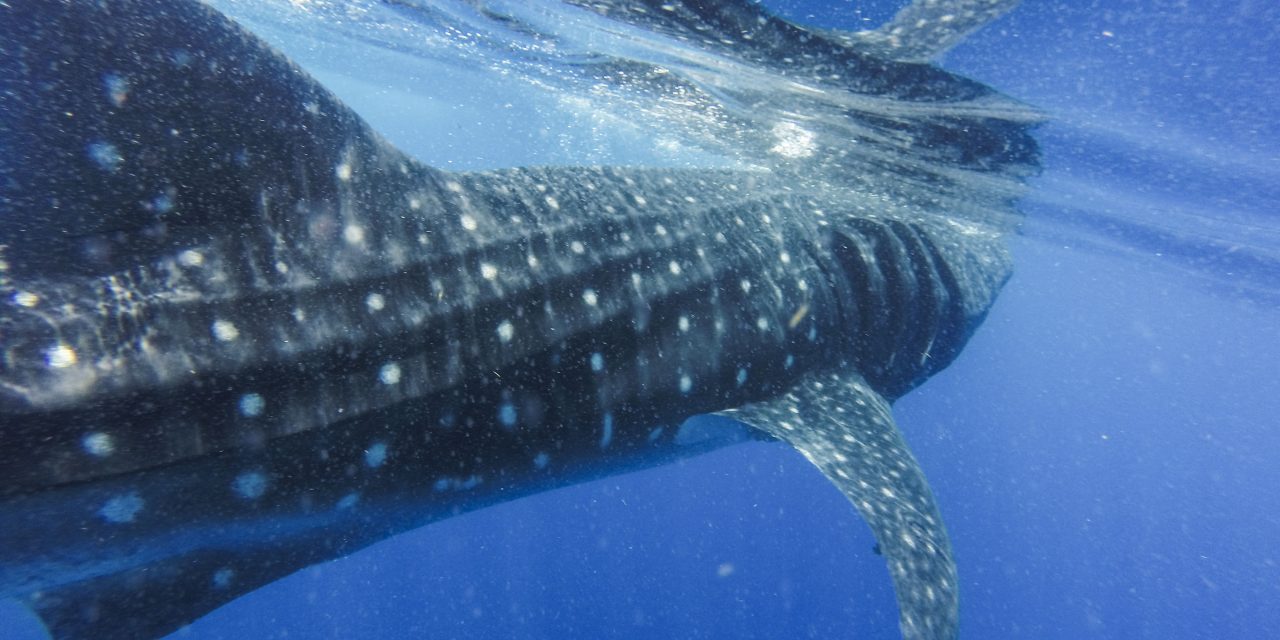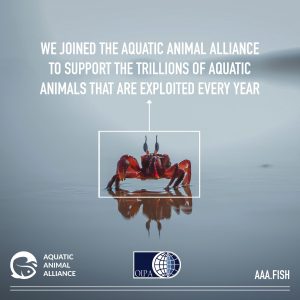 Created by the Aquatic Life Institute, the Aquatic Animal Alliance (AAA) is a coalition of the largest animal welfare organizations that believe aquatic animals should live free from suffering. The AAA fights to improve the lives of trillions of aquatic animals exploited every year, asking for and proposing higher standards of welfare.
Created by the Aquatic Life Institute, the Aquatic Animal Alliance (AAA) is a coalition of the largest animal welfare organizations that believe aquatic animals should live free from suffering. The AAA fights to improve the lives of trillions of aquatic animals exploited every year, asking for and proposing higher standards of welfare.
Since aquatic animals are still commonly not considered as sentient beings that can feel pain and suffering, they are frequently excluded from animal welfare policies and denied respect and compassion from the general public. Conversely, scientists have confirmed and demonstrated that fish, and the same for other aquatic animals do instead suffer and feel pain and emotion as they have brain, central nervous system and pain receptors (nociceptors), therefore they physically react to pain.
Aquatic animals have stunning cognitive abilities, including the capacity to learn skills, use tools, build complex social relationships and recognize human faces. Fish have a long-term memory and are able to learn avoidance responses allowing them to avoid harmful and unpleasant experiences in the future.
Aquatic animals include fish, marine mammals, cephalopods, crustaceans, shellfish, corals and invertebrates. If we talk only about fish, it is estimated that around 20,000 species of fish live in the world’s oceans, an incredibly source of biodiversity for our planet.
FARMED FISH. Despite their amazing qualities and capabilities, approximately 100 billion fish are farmed worldwide and end up slaughtered for food. It is estimated that between 51 and 167 billion farmed fishes were killed for food only in 2017. Farmed fishes spend their lives suffering from the very poor conditions in which they are kept in offshore and land-based aquaculture systems. Overcrowding increases the risk of spreading and catching diseases, fish cannot escape from aggressive ones or express natural behaviours, and being handled by workers causes them stress and injury.
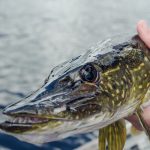
CAUGHT FISH. Between 0.79 and 2.3 trillion fish are caught in the wild each year. This estimate is based on registered landings only and only for fish, excluding other types of aquatic animals, illegal, unreported, and unregulated (IUU) fishing, bycatch, discards, and recreational and artisanal fishing. Therefore, the estimate we should consider is 2-3 trillion for all aquatic animals caught in the wild. In fishing practices, fish are killed by asphyxiation, gill cutting or gutting. It can take over an hour for a fish to die from asphyxiation, during which time the fish gasps and flaps, building up lactic acid wastes in its muscles, which disrupts its metabolism. Fish have a lateral line system, which is a system of tactile sense organs that run through the span of the body, allowing them to detect changes in pressure and movement. The change in pressure when a fish is pulled out of the water causes the sensitive fish an immense suffering.
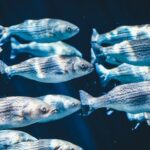 Aquatic animals are an incredible resource for our Planet but rather than being protected and preserved, they are destroyed by a series of human activities, exploited for food consumption, used in laboratory experiments, sold in the pet market, caught for the aquarium trade, killed by the whaling and shark finning industry, and much more.
Aquatic animals are an incredible resource for our Planet but rather than being protected and preserved, they are destroyed by a series of human activities, exploited for food consumption, used in laboratory experiments, sold in the pet market, caught for the aquarium trade, killed by the whaling and shark finning industry, and much more.
Only working together, we have the opportunity to give aquatic animals more rights and improve their welfare. Their well-being depends also on humans’ ability to conserve the oceans finding solutions against the increasingly negative impacts of overfishing, coral bleaching, climate change, ocean acidification, and plastics pollution.
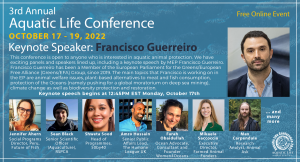
OIPA recently joined the 3rd annual Aquatic Life Conference (OCT. 17 – 19 2022), a free online event organized by the Aquatic Life Institute, and open to anyone interested in aquatic animal protection. An important occasion to raise public awareness of aquatic animal sentience and the importance of considering their welfare of primary concern.
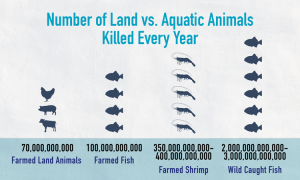 November 2022 – Following inputs and comments provided by OIPA and other members of the alliance on the new draft programme for fish welfare requirements, the AAA submitted its final proposal to the Aquaculture Stewardship Council (ASC), which is the leading certification scheme for farmed seafood, known as aquaculture, at worldwide level. The common goal of the Alliance is working hard to decrease aquatic animal suffering, the species most exploited on Earth.
November 2022 – Following inputs and comments provided by OIPA and other members of the alliance on the new draft programme for fish welfare requirements, the AAA submitted its final proposal to the Aquaculture Stewardship Council (ASC), which is the leading certification scheme for farmed seafood, known as aquaculture, at worldwide level. The common goal of the Alliance is working hard to decrease aquatic animal suffering, the species most exploited on Earth.
*Find all the information on AAA website

